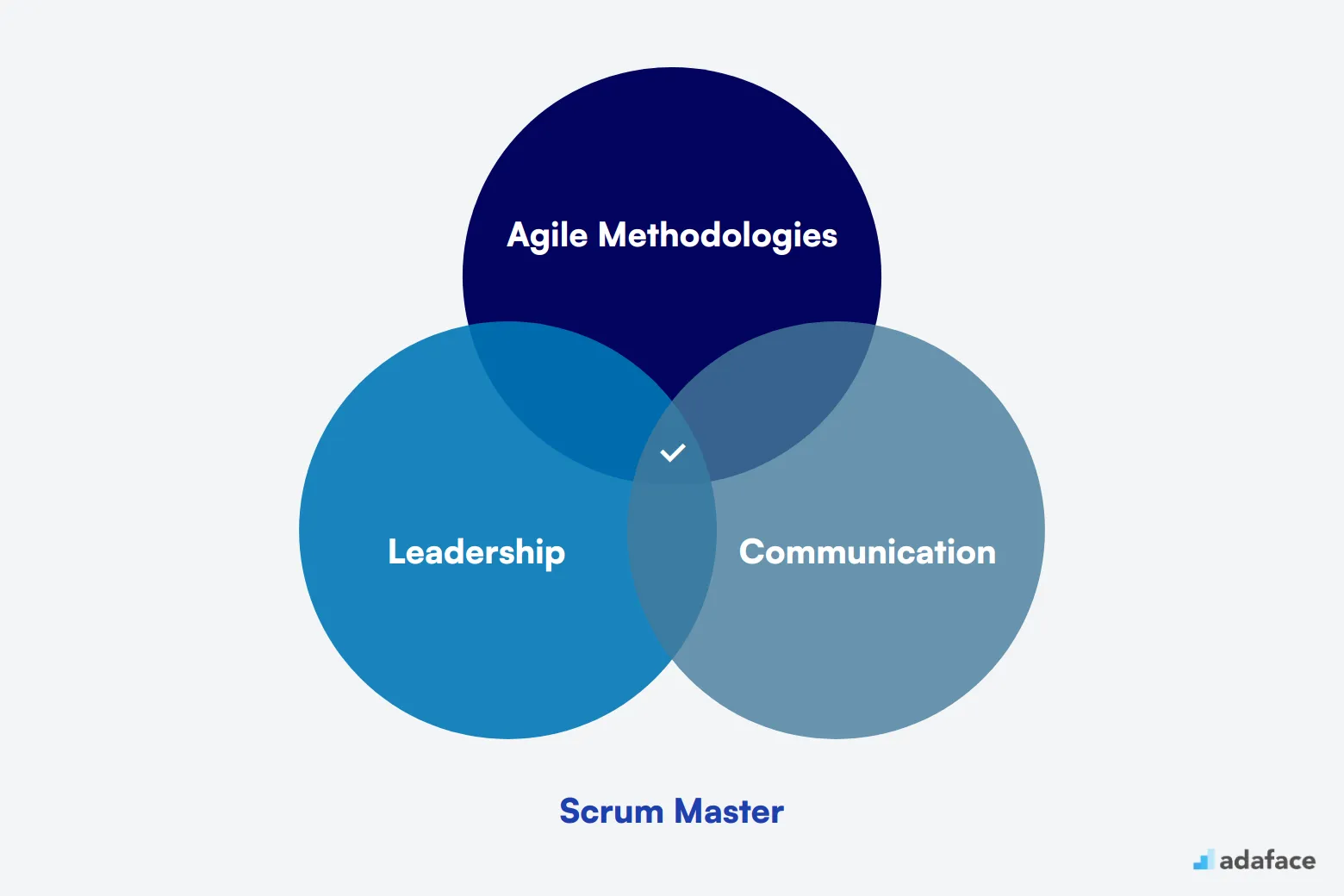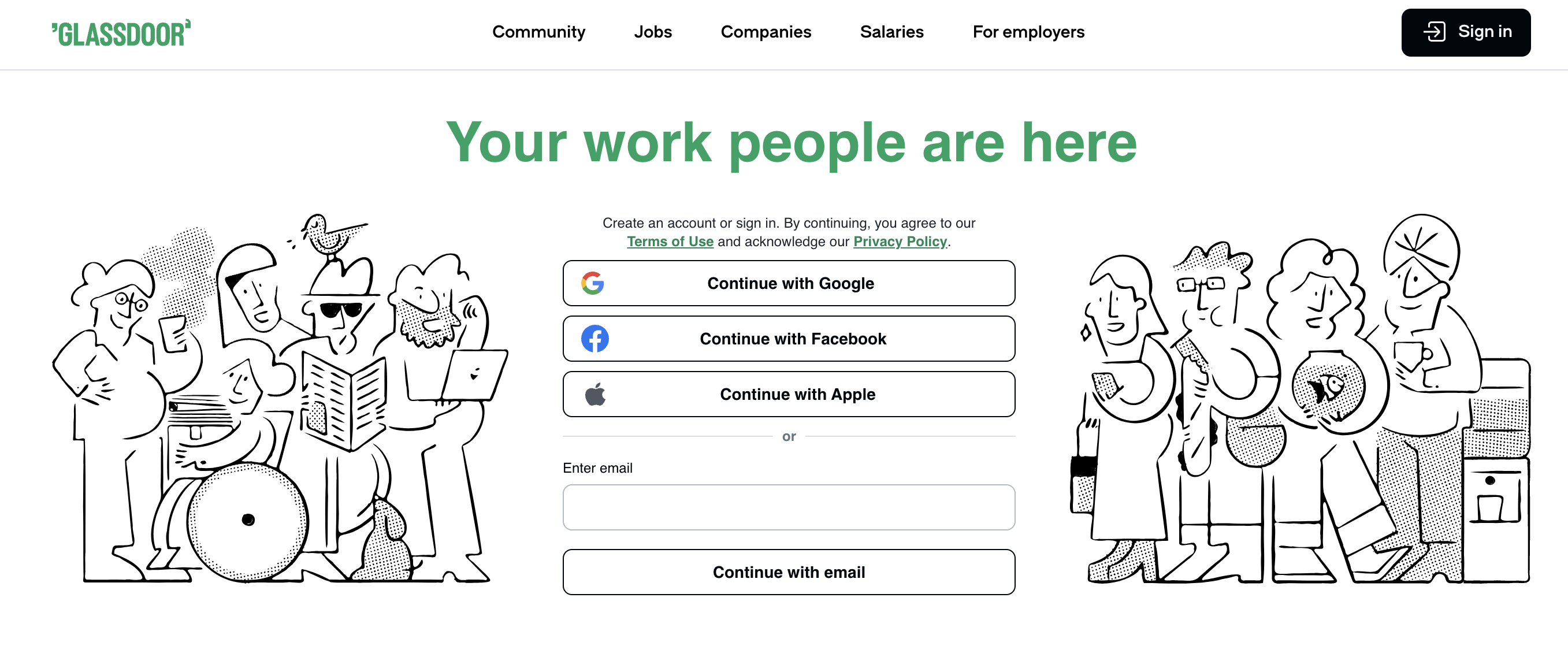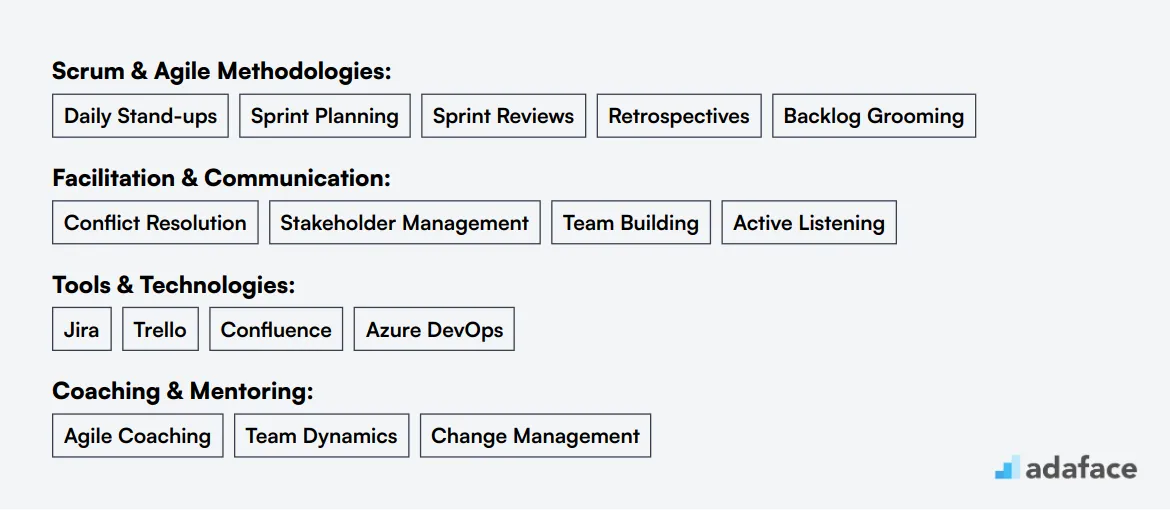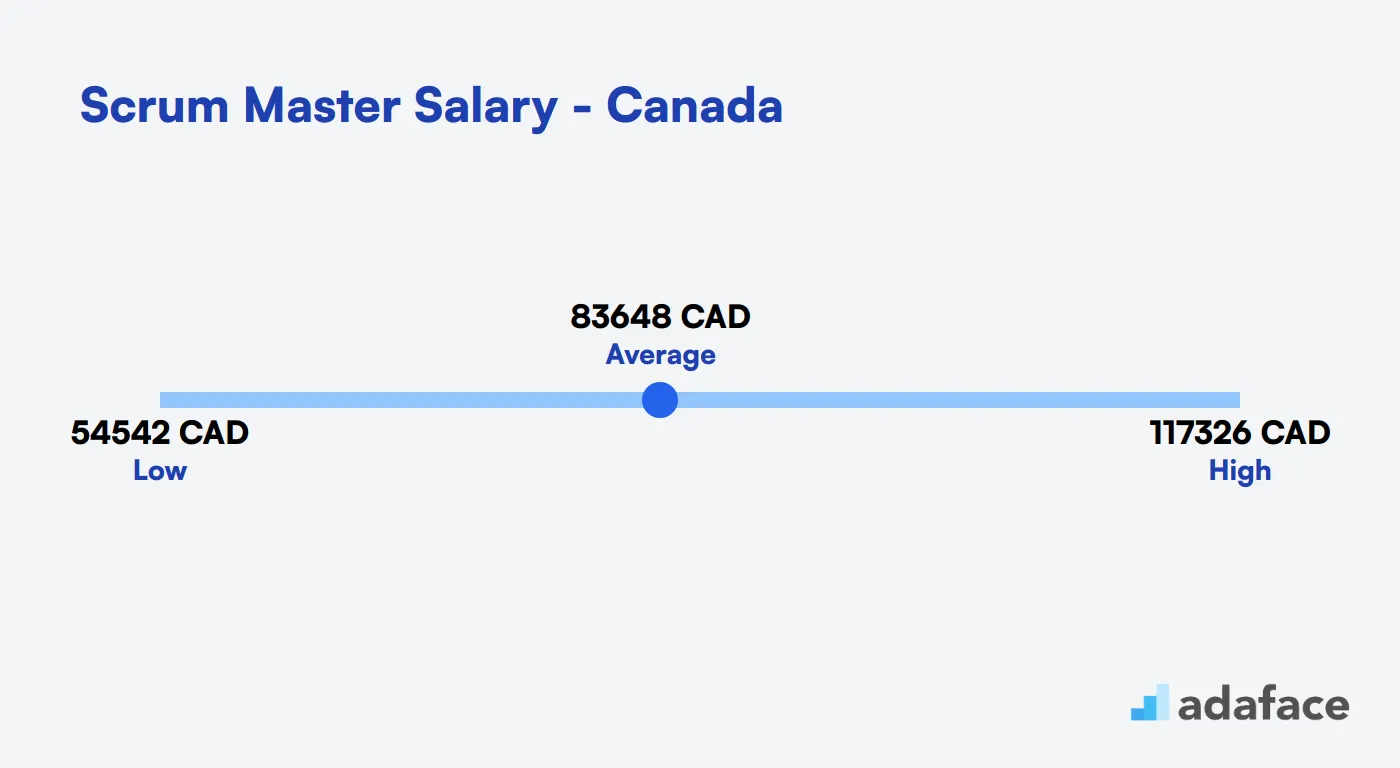As a recruiter or hiring manager, bringing a Scrum Master on board can be a game-changer for your agile development teams. A Scrum Master helps facilitate effective collaboration, ensures agile principles are adhered to, and supports the team in overcoming obstacles. However, many companies struggle in identifying the right candidate who not only fits the job description but also aligns with the company's values and dynamics.
This article provides a comprehensive guide on hiring a Scrum Master, covering everything from writing an effective job description to assessing candidate skills through tests. We also explore top platforms to find Scrum Masters and recommend strategies for conducting interviews. For more insights, check out our Scrum Master job description guide.
Table of contents
Why Hire a Scrum Master?
Hiring a Scrum Master can help solve common project management challenges. For example, if your teams struggle with meeting sprint goals or lack clear communication, a Scrum Master can implement processes to improve efficiency and collaboration.
Consider hiring a Scrum Master when:
- Your organization is transitioning to Agile methodologies
- Teams face recurring obstacles in delivering projects
- You need someone to facilitate better communication between stakeholders
Before committing to a full-time hire, assess your needs carefully. You might start by bringing in a Scrum Master consultant for a short-term engagement to evaluate the potential impact on your organization.

Key Skills and Qualifications for a Scrum Master
Hiring a Scrum Master can be tricky, as the ideal candidate profile can vary significantly from one organization to another. It's not uncommon for recruiters to overlook essential skills or confuse what's required versus what's simply preferred for the role. This understanding is crucial to attract the right talent.
To help you get started, here's a breakdown of the required and preferred skills and qualifications to look for in a Scrum Master. This will ensure you're aligned with what your team truly needs for effective Agile practices.
| Required skills and qualifications | Preferred skills and qualifications |
|---|---|
| Certified ScrumMaster (CSM) or Professional Scrum Master (PSM) certification | Experience with Agile tools like Jira, Trello, or Azure DevOps |
| Three or more years of experience working as a Scrum Master in an Agile environment | Background in software development or IT project management |
| Strong understanding of Scrum methodologies and Agile principles | Experience in coaching teams on Agile practices |
| Excellent communication and facilitation skills | Understanding of other Agile methodologies such as Kanban or Lean |
| Proven ability to lead Scrum teams and manage conflict resolution | Proven success in a collaborative, team-oriented environment |
How to write a Scrum Master job description?
Once you have a candidate profile ready, the next step is to capture that information in the job description to attract the right candidates. A well-structured job description can make all the difference in finding the perfect Scrum Master for your team.
- Highlight key responsibilities and impact: Clearly articulate the Scrum Master's duties, such as facilitating scrum ceremonies and coaching teams. This not only sets clear expectations but also demonstrates the role's significance within your organization.
- Balance technical skills with soft skills: While it's important to mention knowledge of Scrum frameworks and Agile methodologies, don't overlook the necessity of soft skills like communication and conflict resolution. A Scrum Master needs to foster collaboration among team members.
- Showcase your company and role's unique selling points: What makes your company a great place to work? Whether it's a strong Agile culture, opportunities for career growth, or innovative projects, highlighting these aspects can attract candidates who align with your company values.
For additional guidance, refer to the detailed Scrum Master job description to ensure you cover all essential elements.
Top 10 Platforms to Find Scrum Masters
Now that you have crafted a detailed job description, it's time to list it on job platforms to source potential candidates. Utilizing the right platforms can make the hiring process smoother and help you reach a wider audience of qualified Scrum Masters.
LinkedIn Jobs
Ideal for finding full-time Scrum Master positions across various industries. Offers extensive networking opportunities and detailed company profiles.

Indeed
Comprehensive job board suitable for all types of Scrum Master roles. Offers a wide range of filters and easy application process.

Glassdoor Jobs
Good for full-time Scrum Master positions with the added benefit of company reviews and salary insights.

In addition to popular job boards like LinkedIn, Indeed, and Glassdoor, consider exploring other platforms. For tech-specific roles, Dice is a great choice. If you're seeking freelance or contract Scrum Masters, Upwork and Toptal offer access to a broad talent pool with flexible hiring options. We Work Remotely and FlexJobs are ideal for remote or flexible roles, while AngelList Talent caters to startups. For certified professionals, the Scrum Alliance Job Board is a specialized resource.
Keywords to Look for in Scrum Master Resumes
Resume screening is a key step in hiring Scrum Masters. It helps you quickly identify candidates with the right skills and experience before moving to interviews.

When manually screening resumes, focus on key Scrum Master qualifications. Look for certifications like CSM or PSM, experience with Agile methodologies, and skills in facilitation and team leadership. Scrum Master skills can guide your screening process.
AI tools can streamline resume screening for Scrum Masters. Use large language models with custom prompts to analyze resumes based on your specific criteria. This approach can save time and ensure consistent evaluation across all applications.
TASK: Screen resumes for Scrum Master role
INPUT: Resumes
OUTPUT: For each resume, provide:
- Email
- Name
- Matching keywords
- Score (out of 10)
- Recommendation
- Shortlist (Yes, No, Maybe)
RULES:
- Use 'Maybe' if unsure
- Keep recommendations brief
KEYWORDS:
- Certifications (CSM, PSM)
- Agile methodologies
- Scrum practices (Sprint Planning, Daily Stand-ups, Retrospectives)
- Facilitation skills
- [Agile tools](https://www.adaface.com/assessment-test/jira-software-cloud-test) (Jira, Trello)
- Team leadership
- Conflict resolution
Recommended skills tests to assess Scrum Masters
Skills tests are a reliable way to evaluate the capabilities of potential Scrum Masters. They provide insights into both the technical expertise and soft skills required for the role. Here are some recommended tests to consider when hiring a Scrum Master:
Scrum Master Test: Use the Scrum Master Test to measure candidates' understanding of Scrum principles, roles, and ceremonies. This test ensures they have a strong grasp of the Scrum methodology, which is crucial for guiding teams effectively.
Communication Test: Strong communication is key for any Scrum Master. The Communication Test evaluates a candidate's ability to convey ideas clearly and listen effectively, both essential for facilitating team collaboration.
Leadership Psychometric Test: Assess leadership qualities with the Leadership Psychometric Test. This test identifies candidates who can inspire and guide their team, a vital trait for any successful Scrum Master.
Problem Solving Test: Scrum Masters need to tackle challenges on the fly. The Problem Solving Test helps you determine a candidate's ability to think critically and find solutions under pressure.
Situational Judgement Test: Evaluate how candidates handle real-world situations with the Situational Judgement Test. This test presents scenarios where candidates must choose the best course of action, reflecting their practical decision-making skills.
Structuring the Interview Stage for Scrum Master Candidates
After candidates pass initial skills tests, it's crucial to conduct technical interviews to assess their hard skills in depth. While skills tests help filter out unfit candidates, technical interviews are key to identifying the best fit for the Scrum Master role. Let's explore some effective interview questions to evaluate Scrum Master candidates.
Consider asking: 'How do you handle conflicts within a Scrum team?', 'Describe your experience with sprint planning and retrospectives', 'How do you ensure the team adheres to Scrum principles?', 'What metrics do you use to measure a team's progress?', and 'How do you facilitate communication between the team and stakeholders?'. These questions help assess the candidate's practical experience, problem-solving abilities, and understanding of Scrum methodologies.
How much does it cost to hire a Scrum Master?
The cost to hire a Scrum Master can vary significantly depending on location and experience. In the United States, salaries typically range from $70,000 to $130,000 annually. For example, in Canada, the range is CAD 54,542 to CAD 117,326. It's important to consider these variations when budgeting for your new team member.
Scrum Master Salary in Canada
In Canada, Scrum Masters can expect competitive salaries. Based on recent data, the average salary for Scrum Masters in Canada ranges from CAD 54,542 to CAD 117,326, with a median of CAD 79,995.
Salaries can vary by location. For example, in Ottawa, the average Scrum Master salary is higher, ranging from CAD 77,472 to CAD 117,146. Montreal and Quebec City also offer attractive compensation packages for Scrum Masters.

What are the ranks of Scrum Masters?
Many people often confuse the role of Scrum Master with that of project managers or team leaders. Understanding the different ranks can help clarify these roles and their responsibilities within Agile teams.
• Scrum Master: This is the entry-level position focused on facilitating Scrum events and ensuring that the team adheres to Agile principles. They support the team by removing impediments and helping to improve processes within the workflow.
• Senior Scrum Master: A Senior Scrum Master takes on more complex projects and works with multiple teams. They also mentor junior Scrum Masters, helping to develop their skills and knowledge about Agile methodologies.
• Lead Scrum Master: This role usually oversees the entire Scrum process within an organization. They collaborate closely with stakeholders and executives to align the Agile practices with business goals and foster a culture of continuous improvement.
• Agile Coach: The Agile Coach is a more advanced role that goes beyond just Scrum. They work with teams at various levels to implement Agile practices and may even guide the organization on its overall Agile transformation.
Understanding these ranks can help you identify the right fit for your team. For more information on job descriptions, visit the Scrum Master job description.
Hire the Best Scrum Masters with Confidence
Throughout this guide, we've explored the significance of hiring a Scrum Master, identified the key skills they should possess, and discussed effective recruitment strategies like creating a precise job description and using reliable platforms. By focusing on keywords in resumes and structuring your interviews thoughtfully, you're well-equipped to find the perfect fit for your team.
To ensure you hire the right candidate, the most important takeaway is to use well-crafted job descriptions and implement skill assessments. This not only streamlines the hiring process but also enhances accuracy. Consider using the Scrum Master Test or the Project Management Test to evaluate potential candidates effectively.
Scrum Master Test
FAQs
A Scrum Master facilitates Scrum processes, assists the product owner, ensures team adherence to agile principles, and helps remove obstacles that might impede team progress.
Look for skills such as strong communication, problem-solving, leadership, and a deep understanding of agile methodologies and Scrum framework.
You can find Scrum Master candidates on platforms like LinkedIn, Glassdoor, and specialized job boards focused on agile roles, as well as through recruitment agencies.
Consider using skill assessments, such as those related to agile methodologies, problem-solving, and communication skills. Check out our Scrum Master Test for more options.
A Scrum Master job description should include key responsibilities, required skills and qualifications, and details about the company's agile practices. Refer to our job description guide for more details.
Key questions may include scenarios the candidate has handled in past agile projects, their approach to conflict resolution, and how they facilitate communication within a team. For more, see our Scrum Master interview questions.
Assess cultural fit by discussing the candidate's values, work style, and attitude towards teamwork. Involve team members in the interview process to gauge compatibility.

40 min skill tests.
No trick questions.
Accurate shortlisting.
We make it easy for you to find the best candidates in your pipeline with a 40 min skills test.
Try for freeRelated posts
Free resources



